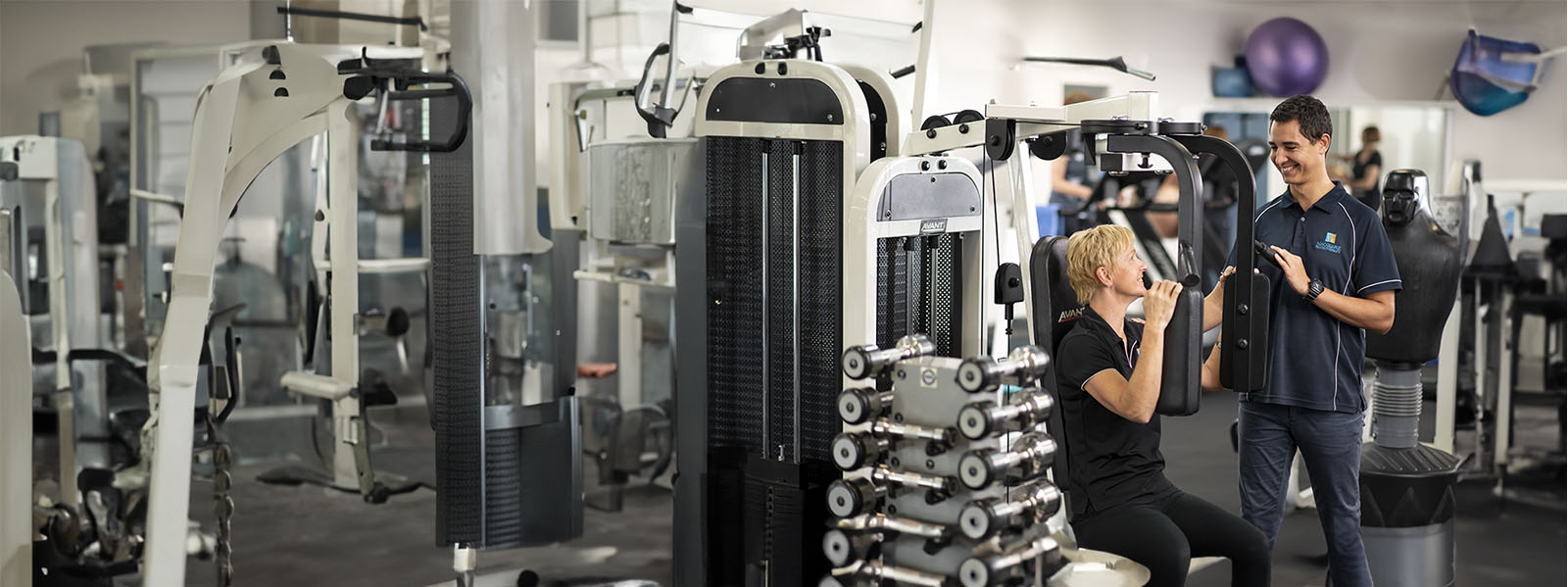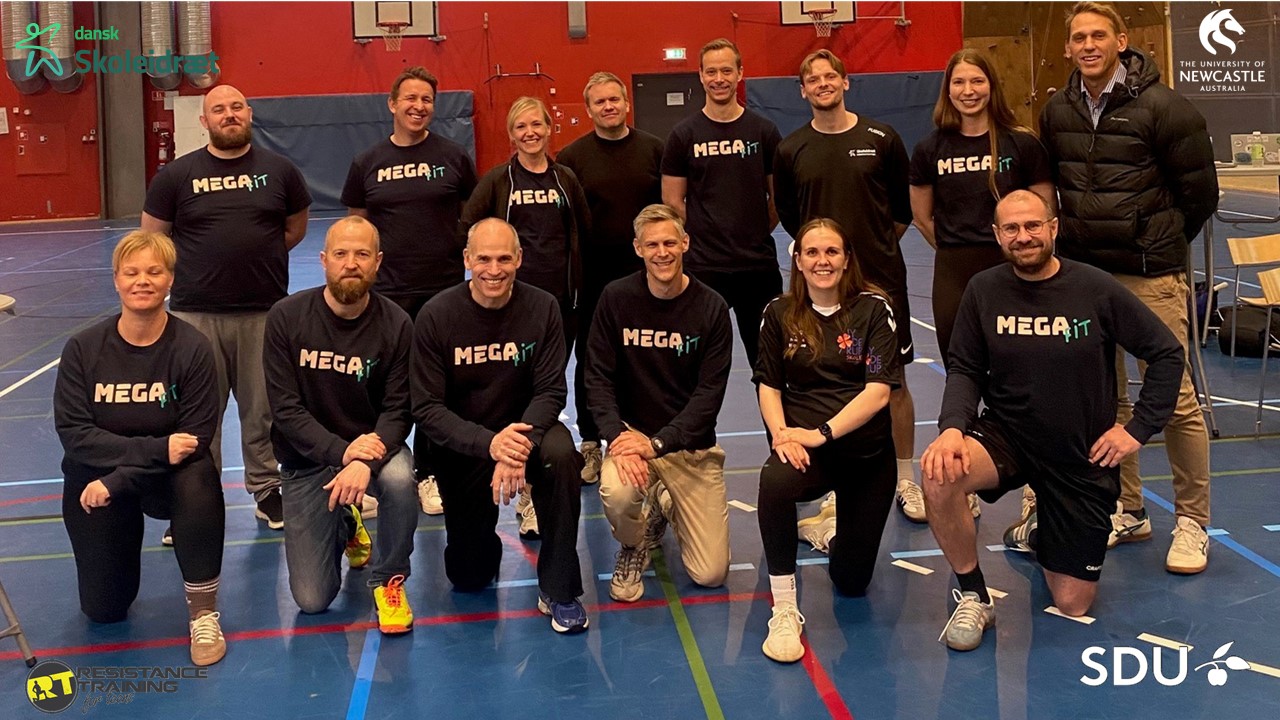
Global impact
We are driving international impact through innovative, evidence-based programs that bridge research, education, and industry. From school classrooms to national health systems, our work is shaping how communities around the world engage with sport and movement.
By integrating expertise through multi-disciplinary collaboration, we are not only advancing academic knowledge but also delivering scalable programs with measurable outcomes. We are creating tools, programs, and frameworks that are both evidence-based and commercially viable.
Collaboration and Visiting Scholars
We have a history of cross-institutional partnerships with universities and organisations from around the world. Expressions of interest are welcomed from academics including post graduate students who wish to participate in our Academic Visitor programme. This programme is intended for scholars with a clearly defined research agenda who wish to visit Newcastle to make use of the Collaborative’s facilities and staff, engage with partners and share their research.
Please note that our capacity to contribute to costs of travel and accommodation is very limited and requires a long lead time. Visiting scholars should assume that they will need to be self-funded.
Resistance Training for Teens
Resistance Training for Teens (RT4T) is a school-based program designed to equip adolescents with the competence, confidence, motivation, and knowledge to engage in foundational resistance training.
RT4T comprises four key components:
- Structured resistance training sessions delivered at school
- Classroom lessons covering resistance training and related health topics
- Access to a dedicated RT4T tablet and smartphone app
- Classroom energiser breaks incorporating resistance exercises.
More than 500 teachers across ~300 schools in NSW have received training and support to implement RT4T. In 2024, Professor Lubans and team partnered with the University of Southern Denmark to evaluate a culturally adapted version of RT4T in Danish schools. This collaboration led to a successful grant from the Danish Heart Foundation, enabling the scale-up of RT4T in Denmark in partnership with the University of Southern Denmark and Danish School Sports (2025-2028).

Daughters and Dads Active and Empowered
More than 6,800 daughters and dads have experienced the profound benefits of the innovative, world-first physical activity and wellbeing program ‘Daughters and Dads Active and Empowered’, developed by Professor Philip Morgan.
First piloted in 2015, the program harnesses father-daughter relationships to improve physical and mental health and advance gender equity by challenging biases among participants and facilitators.
In its first decade, eleven high quality scientific journal publications and 20+ prestigious awards have highlighted the program’s wide-ranging benefit including: improving the physical activity levels of girls and men, building girls’ confidence and competence for sport; nurturing dads as gender equity advocates; and strengthening father-daughter bonds.
The program has been implemented across 5 countries through over 40 partnerships and described by the World Health Organisation as an example of an 'inspirational and effective initiative'.
Newcastle Knights Club Ambassadors attend Dads and Daughters Active and Empowered session 1:25
Newcastle Knights Old Boys and Club Ambassadors Kurt Gidley and Mark Hughes, along with their daughters, attend a Daughters and Dads Active and Empowered program session.
Scaling Up Physical Activity Promotion
In February 2019, the University of Newcastle, in partnership with the University of Ottawa, convened an international, multidisciplinary workshop to address one of public health’s most pressing challenges: scaling evidence-based physical activity interventions for population-level impact.
Led by Professor Ron Plotnikoff, the workshop brought together researchers, policymakers, and practitioners to explore the real-world barriers, facilitators, and tensions involved in translating research into sustainable, system-wide practice.
The insights generated have since shaped national frameworks in Australia and Canada, influencing how governments assess the feasibility, cost-effectiveness, and adaptability of health interventions. Published findings in 2022 have contributed to global implementation science by reframing scale-up as a dynamic, non-linear process requiring long-term partnerships, flexible design, and strategic alignment with policy priorities.
This work positions the GSMC as a leader in global health research, demonstrating its capacity to convene international expertise and generate knowledge that informs policy and practice across borders. By advancing scalable solutions to physical inactivity - a global issue linked to billions in healthcare costs - the University is helping to shape healthier societies worldwide.
Introduction to Ecofit 4:32
The background story of Ecofit. How Ecofit started, the research background, success of the program, and the future.
Creating Inclusive Legacies Through Sport
Events are more than moments of celebration, they’re strategic investments in a city’s future. Dr Alana Thomson's research is reshaping how the world understands the long-term value of sport and cultural events. From Olympic-scale spectacles to local festivals, this work is influencing how governments, industries and communities plan for legacy.
Globally recognised and cited by organisations like the OECD and the International Olympic Committee, Dr Thomson is driving a shift in thinking: success isn’t just measured in ticket sales or tourism dollars, but in how events activate public spaces, contribute to community wellbeing, strengthen local industries and connect elite sport with grassroots communities.
By translating complex legacy frameworks into practical tools, this work empowers cities to design events that leave lasting social, cultural and economic benefits. It’s helping ensure that major events don’t just pass through, but build momentum for sustainable community impact.

Transforming Movement Into Global Health Solutions
Professor Suzanne Snodgrass' research into human movement is changing how the world prevents injury, manages pain, and supports healthy ageing.
Globally, falls are the second leading cause of unintentional injury-related deaths. Suzanne’s team is tackling this challenge head-on by developing innovative ways to detect early balance decline in adults under 65 and designing targeted interventions that combine physical and cognitive training. Their ambitious goal is to help people stay active, independent and injury-free for longer.
The impact extends to elite sport. In collaboration with the NBA, Suzanne’s research is informing injury prevention strategies for professional basketball players, influencing clinical practice around the world and shaping training programs from the top tier to grassroots youth sport.

Physically Active Children in Education
Physically Active Children in Education (PACE) is a model of implementation support designed to help primary schools meet mandated physical activity policies.
Co-developed with the University of Newcastle, Hunter New England Health, NSW Ministry of Health, and the NSW Department of Education, PACE provides structured support including teacher training, educational materials, leadership engagement, support from in-school champions, and ongoing consultation.
Between 2017-2023, four large-scale RCTs demonstrated that PACE increases teacher-delivered physical activity by approx. 45 mins/week and more than triples the proportion of teachers meeting the 150-minute policy. The model is now embedded in health service delivery, reaching > 700 schools and 240,000 students annually, and has been shortlisted for expansion to all NSW schools.
PACE has been recognised internationally as a global exemplar of policy implementation and received the NSW Health Keeping People Healthy Award in 2022.
PACE- Physically Active Children in Education 1:25
Good for Kids, through the Physically Active Children in Education PACE Program, supports schools to implement physical activity across the school week.
The University of Newcastle acknowledges the traditional custodians of the lands within our footprint areas: Awabakal, Darkinjung, Biripai, Worimi, Wonnarua, and Eora Nations. We also pay respect to the wisdom of our Elders past and present.